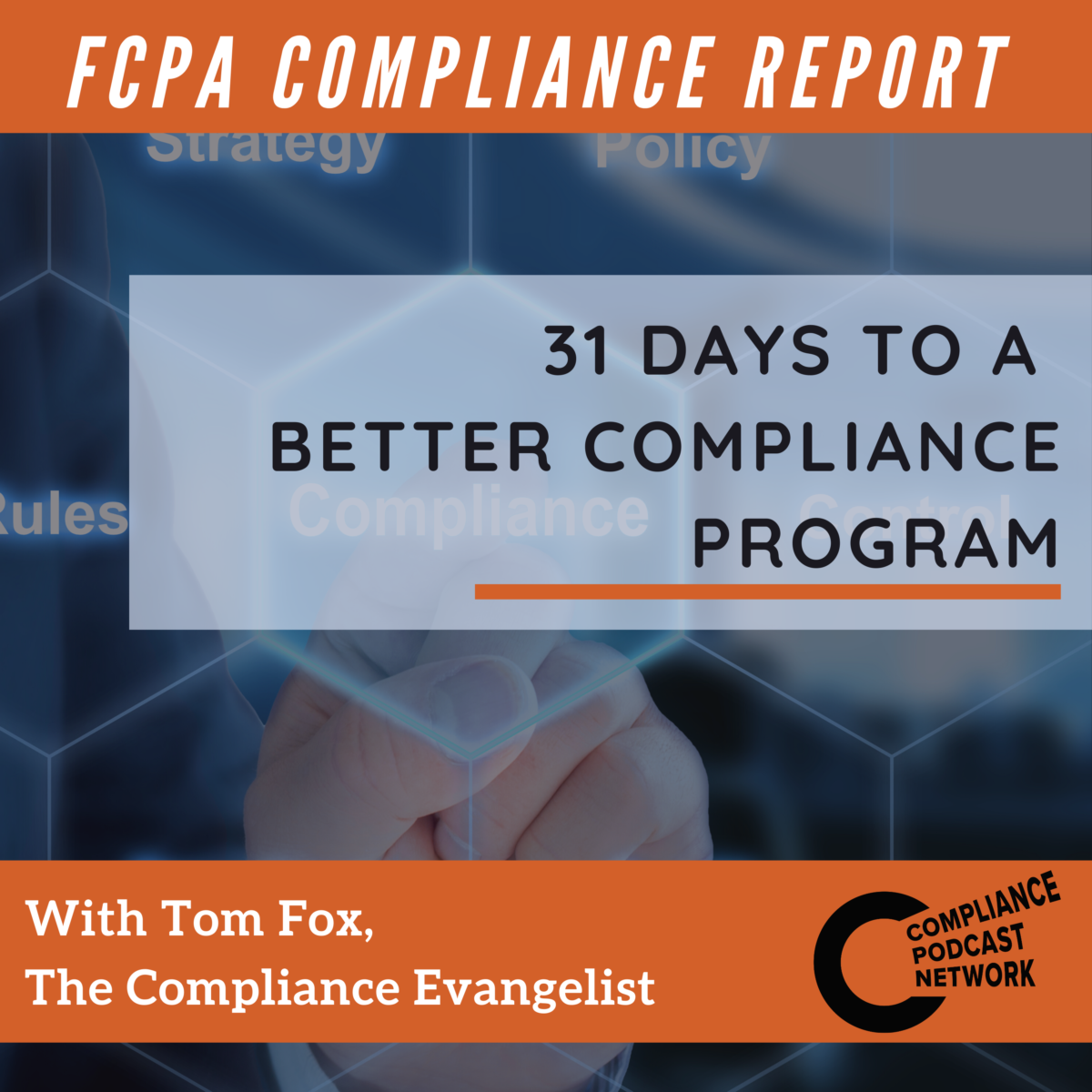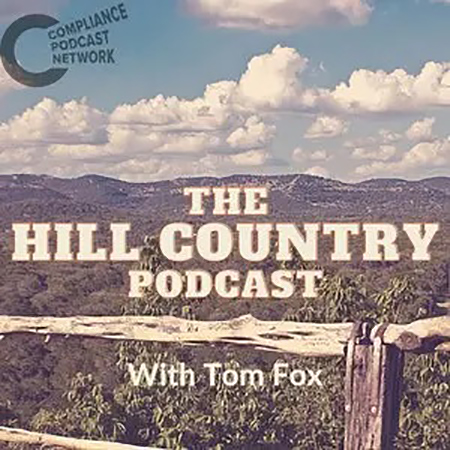The Department of Justice (DOJ) and the Securities and Exchange Commission (SEC) have repeatedly emphasized the importance of aligning compensation plans with compliance goals. According to Tom Fox, aligning the compensation plan of salespeople can have a greater impact on compliance revenue than other forms of communication. By incentivizing ethical behavior, companies can reinforce the message of compliance and create a culture that prioritizes adherence to regulations.
To maximize the impact of compensation structures, immediate implementation is crucial. Waiting too long can dilute the message and hinder the desired behavioral changes. Employees should clearly see the connection between their actions and the incentives they receive. This immediate feedback loop motivates them to align their behavior with the goals of the compliance program.
While transparency is important in the incentive system, it should not solely be a democratic process where salespeople design the program around their own needs. However, involving employees in the process can help them appreciate changes that may not be favorable to their individual situations. Transparency fosters a sense of trust and accountability, leading to better acceptance and adherence to the compensation structure.
Compensation can be a powerful motivator for salespeople to act in ways that support the company’s evolving business model and strategy. By integrating compliance incentives into the compensation program, companies can make compliance an integral part of their organizational values. This not only drives compliant behavior but also ensures that employees understand and support the company’s overall strategy.
If your company has not yet integrated compliance incentives, it’s time to catch up. The DOJ and SEC recognized the importance of compliance incentives over 15 years ago, so companies without them are lagging behind. A practical way to start is by allocating a percentage of the discretionary bonus program to compliance. Even a small percentage can demonstrate the company’s commitment to ethical conduct and encourage employees to prioritize compliance.
Compliance incentives play a crucial role in shaping the behavior and mindset of employees within an organization. While disciplinary actions are essential, incentives provide a positive reinforcement mechanism that encourages individuals to embrace compliance as an integral part of their work. Tom Fox emphasizes that compliance incentives need not be elaborate or groundbreaking; what matters most is their consistent implementation.
There are six core principles that form the foundation of successful compliance incentives.
- Consistency is Key. Compliance incentives must be consistently applied throughout the organization. By doing so, companies can create a sense of fairness and predictability, reinforcing the message that compliance is non-negotiable.
- Supporting Systems. To ensure compliance incentives are followed, it is crucial to have supporting systems in place. These systems can include regular training, clear guidelines, and robust reporting mechanisms, enabling employees to understand and adhere to compliance standards.
- Transparency. Making compliance incentives transparent within the organization is essential. By showcasing the recognition and rewards associated with compliance, companies can inspire others to embrace ethical behavior and create a positive ripple effect.
- Overcoming Competing Goals. If safety is No.1 within an organization, doing business ethically and in compliance should be goal 1A. But often challenges can arise when competing goals, such as financial pressures, overshadow compliance incentives. To counterbalance this, a strong counterweight is necessary to ensure that compliance remains a priority, even during financial downturns.
- Rewarding Performance. Compliance incentives can be used to hold leaders accountable for their performance, aligning their goals with the company’s compliance objectives. This approach ensures that compliance is not sacrificed for short-term financial gains.
- Non-Linear Alignment. Compliance incentives should align work in an oblique, non-linear way, allowing employees to choose their own pathways while still adhering to compliance standards. This flexibility empowers individuals to contribute to compliance efforts in a manner that suits their strengths and preferences.
All of these guidelines mean that you must align compliance as an integral part of your company’s DNA. Regularly communicate the importance of compliance and the benefits it brings to the organization and its stakeholders. It is critical to implement compliance incentives at all levels of the company. Division or business unit heads can define pro-social goals and establish supporting structures and systems. Even lower-level employees should have their own version of the compliance incentive process.
There must be tangible incentives offered to employees; both financial and hierarchical, to those who consistently demonstrate ethical behavior and compliance within your Code of Conduct and relevant laws. These rewards can range from cash awards to certificates, plaques, or even coffee mugs and t-shirts. Obviously Document Document Document is critical. Just as all other parts of your compliance program are documents, so should your incentive program.
Document compliance actions to demonstrate to regulators, if necessary, that your organization takes compliance seriously. This documentation showcases your commitment to ethical business practices and provides evidence of your compliance efforts. There must be support systems in place to reinforce the message of compliance, even during challenging times.
Creating a culture of compliance requires a multifaceted approach, and compliance incentives play a vital role in driving ethical behavior within organizations. By consistently implementing these incentives, aligning employees around compliance goals, and leveraging tangible rewards, companies can foster a sustainable culture of compliance. Remember, compliance is not just a checkbox; it’s an integral part of your organization’s success.
Incorporating compensation systems into compliance programs is a vital step towards building a culture of compliance within organizations. By aligning salespeople’s compensation plans with compliance goals, implementing immediate and transparent structures, and involving HR in the process, companies can reinforce ethical behavior, promote compliance, and drive the success of their compliance programs. Remember, simplicity, alignment with company values, and immediate impact on behavior are key factors to consider when designing your compensation structure. Finally always remember to prioritize compliance and create a workplace culture that values integrity and ethics.







